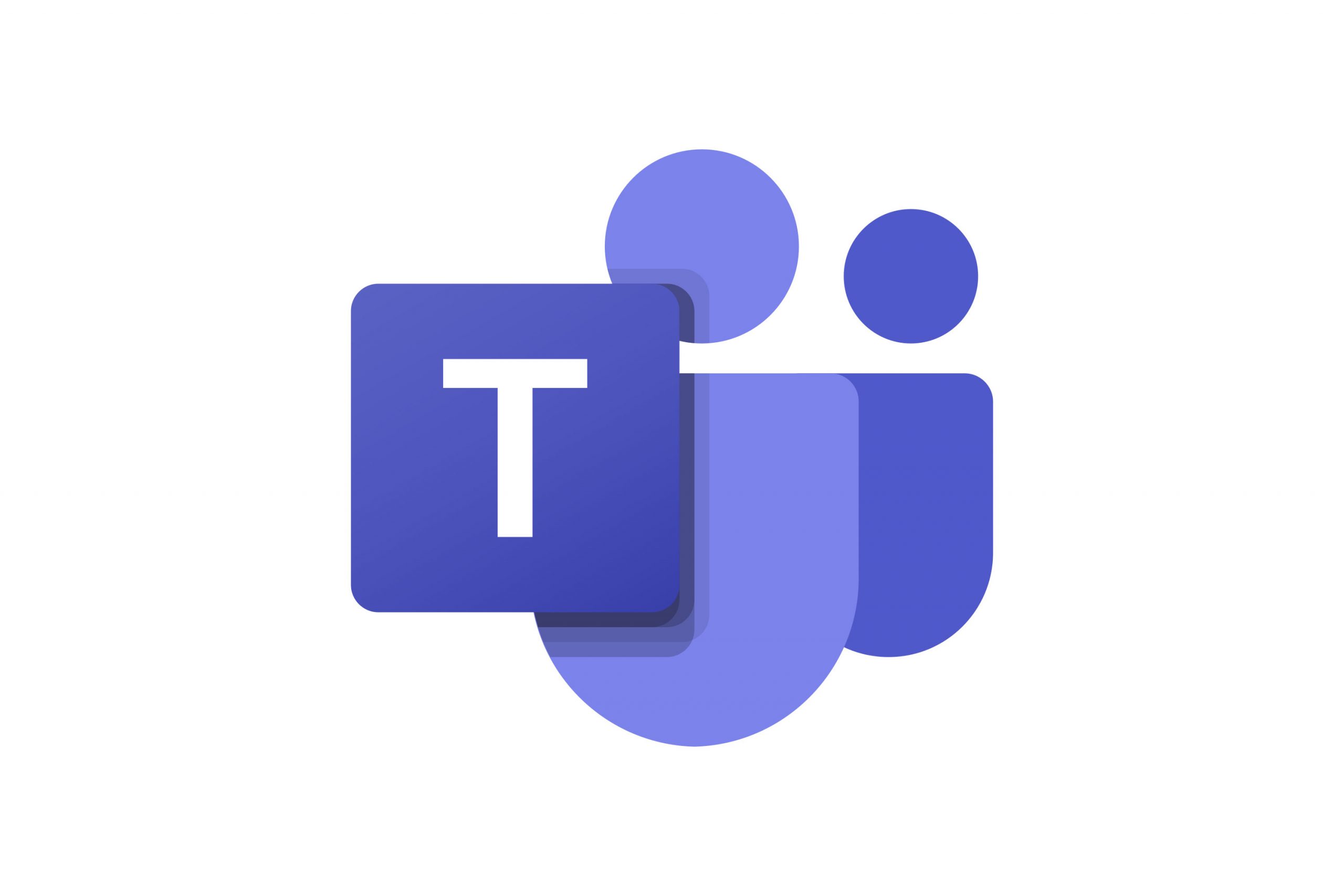Academic Research Lab Surviving COVID
Our lab thrived in 2020 by using a telework strategy. We quickly moved from working and meeting in a physical location on the University of Florida (UF) campus to an online virtual environment to perform assigned duties, projects, and patient clinical visits. While we could pause our animal work, we could not stop our clinical work that was critical to patients suffering from intractable seizures and who had no other option available. By utilizing telework features, we not only maintained the pace at which we worked but improved overall efficiency among the members of the lab. In addition, we were able to include students in UF’s online programs who previously had not been able to participate in on-campus activities due to their geographical locations.
University of Florida (UF) and Institute of Food and Agricultural Sciences (IFAS) approved the use of Microsoft Teams software which became available to UF faculty, staff, and students as a part of Microsoft Office 365 Suite in early 2019. During that time, our lab needed a solution for video collaboration and document sharing to meet each lab member’s schedule. In May 2019, our lab adopted Microsoft Teams and for 6 months with the patient guidance and expertise of Joe Gasper and Dewayne Hyatt in IFAS Computing, our lab members, working from their geographic location, developed the skills and standard operating procedures needed to succeed in our new digital environment. Microsoft continued to improve Teams by creating apps which we found to be valuable tools. It soon became apparent that a HIPAA compliant Microsoft Team would give us the ability to improve the services we provide to our clinical participants. Fortunately, a HIPAA compliant team was implemented before COVID forced UF to shut down campus. This timely move to Teams was the reason our lab was able to continue operations and working with our patients without interruption.
In July 2021, Nature published an article discussing the use of digital technology as a secret to successful lab management. Many different software choices are presented with the advice that “leaders must find the digital tools that make their labs more streamlined, effective and creative” (1). More details of our approach can be found at our lab members page and Borum Lab.
1. It has video chat/meetings that are easily recorded for later use by those who cannot attend.
2. The file storage in OneDrive/SharePoint works well and is reliable.
3. Its integration with Outlook and the Microsoft Office programs is very good and familiar to incoming lab members.
4. Recently added apps such as Planner and Lists are useful in organizing ourselves and keeping track of progress of our projects.
5. At UF, we have Joe Gasper (LinkedIn) and Dewayne Hyatt (LinkedIn) leading a group of outstanding consultants in IFAS IT whose goal really is to make it work for the end user.
Our translational science research program takes discoveries from the bench to the bedside and problems defined at the bedside to the bench. Our basic biochemistry mechanistic questions and our clinical care questions both benefit from data science approaches of machine learning and artificial intelligence using big data. It is a lot of fun – especially when the lab is organized and humming with the focus on creative endeavors.
References:
Powell, K. (2021). “Digital secrets of successful lab management.” Nature 595(7865): 138-139.
Authors:
Peggy Borum, Professor
Ciera Smith, Intern
Julie Barber, Editorial Assistant




